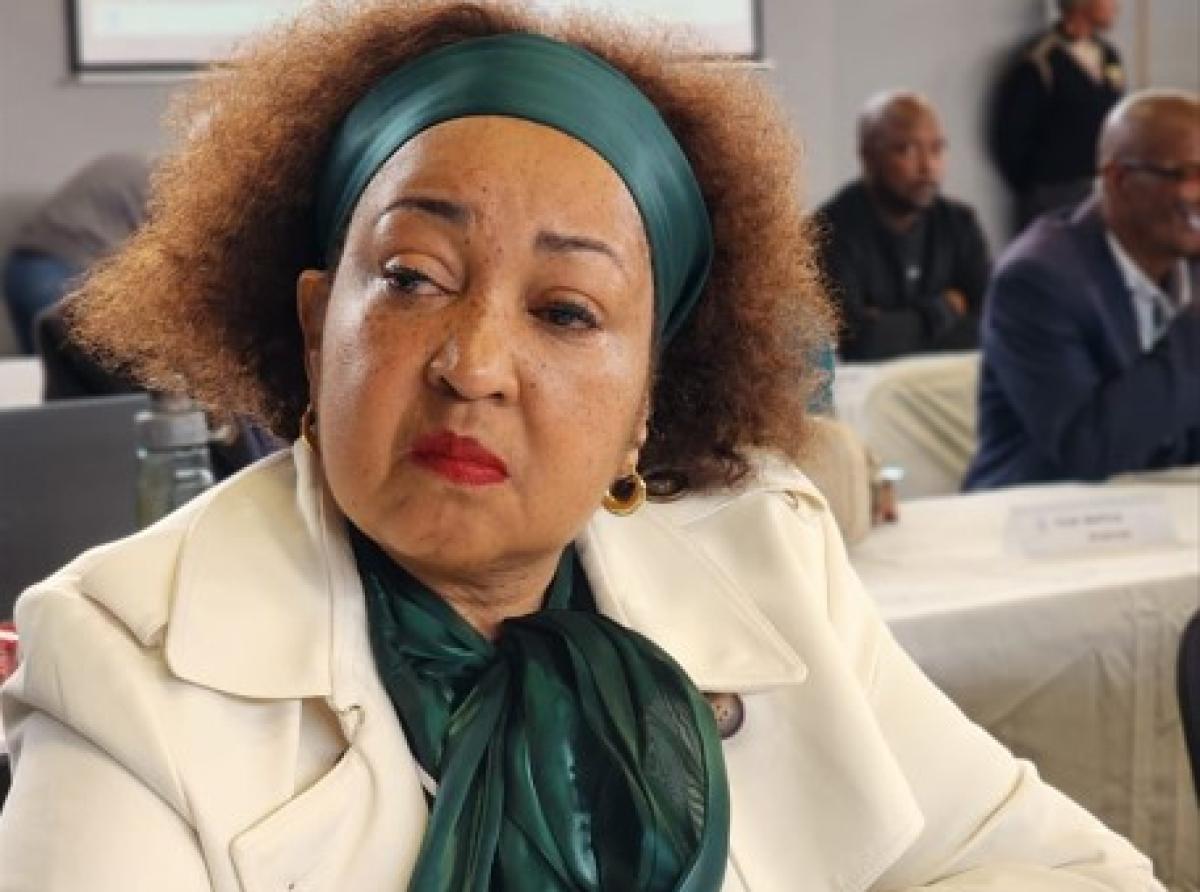Election Talks with Maluti A Phofung Local Municipality Executive Mayor, Malekula Melato

As the 2026 municipal elections approach, the Executive Mayor of Maluti A Phofung Local Municipality, Malekula Melato sat down with Journal News to unpack the challenges, progress, and priorities that shape the region’s political landscape. The mayor discussed service delivery, youth unemployment, infrastructure development, and the municipality’s plans to improve transparency and community engagement.
Thank you for your time Mayor. In your view, how would you describe the position of a mayor in local governance?
I cannot speak on behalf of my colleagues, but I firmly believe that I am a public servant for the people of Maluti-A-Phofung, and it is my duty to advocate for the community. Wherever I go, I carry and represent the pride of my municipality — and to me, that is the true embodiment of a mayor.
Maluti-A-Phofung has been in the headlines for a long time due to service delivery challenges. How do you navigate that?
The municipality is rural, yet it is one of the largest in the province and contributes significantly to the Free State’s overall votes. That alone highlights the weight of the responsibility I carry on my shoulders.
Can we look into the specific challenges faced by the municipality? What exactly are these issues, and how are you addressing them?
I face a number of challenges, but my top three priorities are service delivery, roads, and infrastructure. These are the areas I dedicate most of my focus to. I am, however, supported by the interventions of the national department, which strengthens our capacity to respond to these pressing issues.
It has been some time since we last heard of violent protests in your municipality. Would it be correct to say there has been progress in service delivery, or is it still too early?
Maluti-A-Phofung is currently undergoing significant change, and residents can already see positive and visible improvements. Although I am relatively new, I believe the turnaround strategy is beginning to show real impact. There was a period when Maluti-A-Phofung had no electricity at all, and we had to develop an intervention strategy in collaboration with both the provincial and national departments. Those efforts are now bearing fruit.
In these processes you are engaged in, are there any proud moments you can share with the public?
Indeed, one of the milestones I take great pride in was my visit to China in pursuit of investment opportunities for Maluti-A-Phofung. The scale of our service delivery challenges is such that the municipal budget alone cannot sufficiently address the levels of poverty within our communities. Recognising this, I took the initiative to position our municipality on an international platform, where the response was encouraging.
Among the notable outcomes was an agreement with two universities in China, which committed to offering opportunities for our youth to undertake short courses aimed at enhancing their skills and improving their livelihoods. This partnership not only strengthens our capacity to empower young people but also lays a foundation for future investment and job creation within Maluti-A-Phofung.
What are those courses, Mayor?
Our agreement is focused primarily on agriculture, as we already have an agricultural school within the municipality. We are placing greater emphasis and building more capacity in this sector to ensure that our young people are exposed to meaningful opportunities.
In addition, my team and I visited a TVET college, where discussions on cultural exchange were held. This was particularly exciting for us, given the presence of our traditional leaders, the Marena, in Maluti-A-Phofung. I also had the opportunity to attend a Chinese Film Festival, which created a platform to promote tourism in our municipality.
While engaging there, I ensured that the spotlight was not only on national filmmakers but also on our local creative industry. I highlighted that we have many talented young people who are eager to learn and participate in cultural exchanges between China and our community. It gives me great pride to cultivate and nurture the potential of our youth.
What is an exciting project that you have worked on since the inception of your mayoral position?
One of the projects I take pride in is the transformation of our community hall into an amphitheatre. Such refurbishments are particularly meaningful to me because they are directly linked to the development and empowerment of the youth.
In addition, I have introduced a six-month day-to-day working programme designed to equip young people with workplace skills, ensuring that they are prepared once they complete their short courses. I am also in discussions to implement a unisex beautician course, as part of a broader effort to provide diverse training opportunities for the young men and women of Maluti-A-Phofung.
Furthermore, our Special Economic Zone (SEZ), based in Harrismith, remains a priority. I am working on attracting investment into the firms and factories located there, with the goal of strengthening the rural economy and creating sustainable job opportunities.
You are relatively new as a mayor; are you intending to run for a second term?
I believe I am motivated and well-positioned to serve a second term. The infrastructure I have set in motion, coupled with the fact that I have represented Maluti-A-Phofung on international platforms, speaks to my tenacity and dedication. The organisation that deployed me has recognised my potential and the work I have undertaken. As a proud member of the African National Congress (ANC), I will always strive to raise our flag higher and serve our people with commitment.
What are your plans for the local government elections?
While I do have several plans in place, I prefer not to focus solely on organisational matters at this stage. My primary focus is on implementing initiatives that will improve the overall economic well-being of our youth, as they are the cornerstone of Maluti-A-Phofung’s future.

